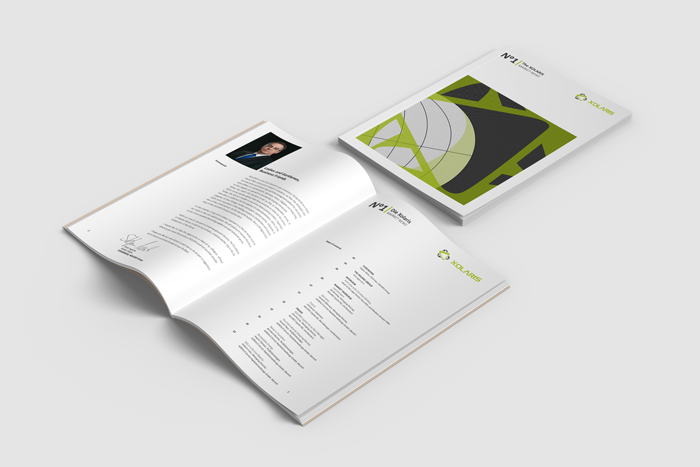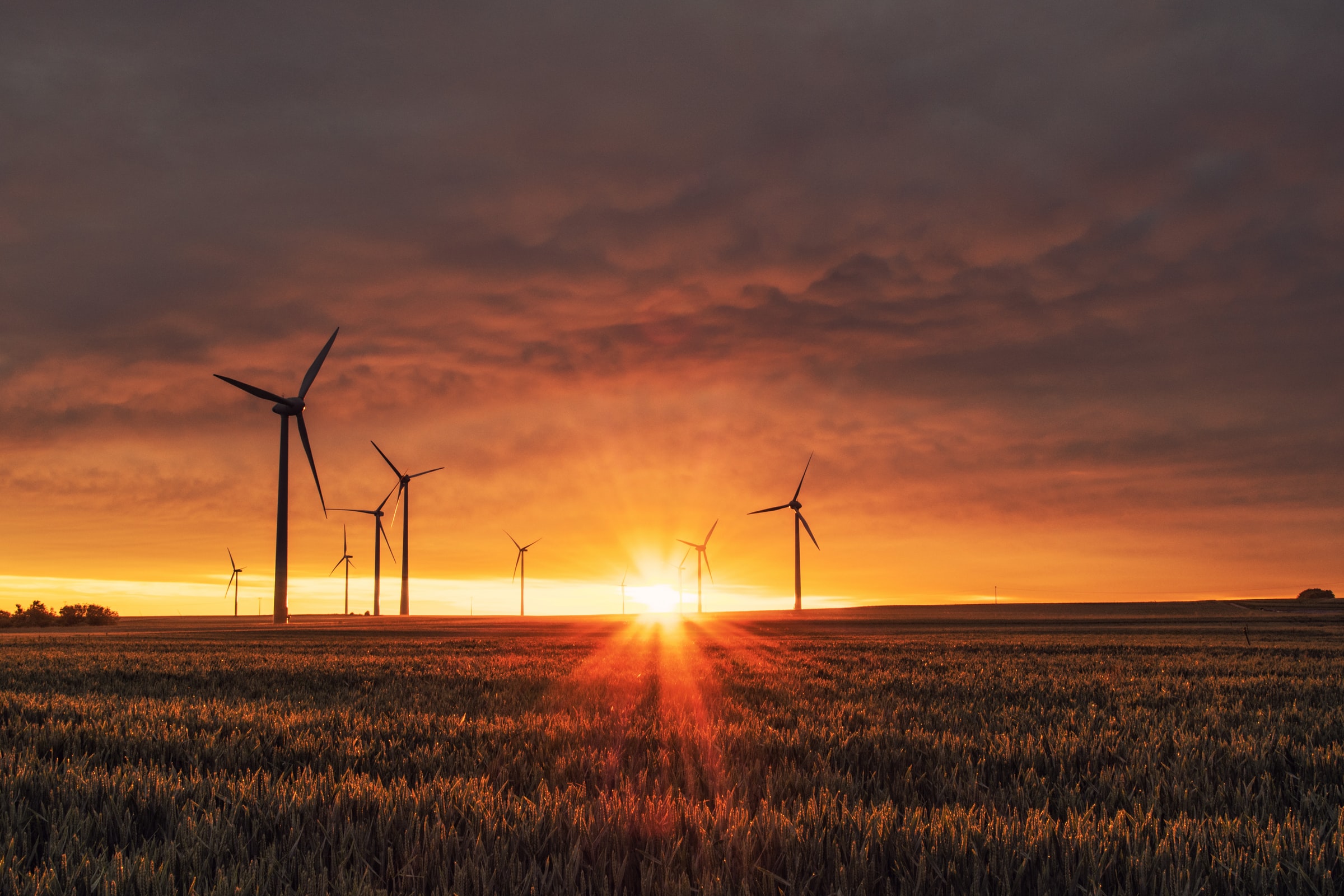XOLARIS Group2023-03-08T10:05:09+00:00
Renewables Energy
ELECTRICITY HAS BECOME A VITAL PART OF THE WORLD WITHOUT IT WE WOULD STILL LIVE LIKE IN THE STONE AGE IT ENABLES INDUSTRIAL PRODUCTION, MOBILITY AND ENTERTAINMENT. OUR SOCIETY HAS BECOME ACCUSTOMED TO THE MOST IMPORTANT TECHNOLOGY THE INTERNET WOULD NOT WORK WITHOUT ELECTRICITY. TO SEE IF WE CAN PRODUCE THIS ELECTRICITY IN A SUSTAINABLE WAY, I WILL EXPLAIN IN A SHORT PARAGRAPH WHAT SUSTAINABILITY MEANS ENVIRONMENTAL SOCIAL GOVERNANCE (ESG)
Environmental Social Governance
ESG is the abbreviation for “Environment Social Governance”. ESG-based or sustainable investing does not yet function according to a fixed predefined model. Since there are no uniform guidelines yet and the understanding is often on the subjective level of each individual. The most important criteria are explained below.
Environmental
This component of ESG investments primarily includes environmental and climate protection. The aim is to ensure that the earth’s natural resources are protected during production. Specifically, this includes investments in renewable energies, efficient use of energy and raw materials, and environmentally compatible production and low emissions to air and water.
Social
This criterion for ESG investments covers all social impacts of the company’s activities, in particular the specific working conditions. This includes above all that human dignity is respected and that good conditions prevail for all. In addition, compliance with labor rights is important. It also includes occupational health and safety, fair conditions at the workplace, as well as appropriate remuneration and opportunities for training and continuing education. Respect for human rights and human dignity as well as prohibition of child and forced labor.
Governance
The third aspect of the ESG criteria considers the ethical behavior of the company – both in society and within the company. Of particular importance here are transparency and fairness, Targeted measures against corruption¸ transparency and openness; diversity and equal opportunities;
In the creation of a sustainable investment portfolio, the ESG criteria have a decisive function, as according to them certain companies or even industries are excluded if they are not observed. The exclusion principle, whereby companies that do not meet certain predefined values are excluded from the investment process, is the most common way of implementing ESG criteria.
One of the “Global Trends” we identify is Renewable Energies even though it serves as a buzzword, renewable energies are predestined for the ESG label. Global investments in renewable energy between 2004 and 2019 amount to USD 3.5 trillion and the trend is rising. Due to ongoing digitalization, the demand for electricity will increase even further in the future since the industrial revolution, the energy mix of most countries in the world has been dominated by fossil fuels. This has a significant impact on the global climate and human health. Three-quarters of global greenhouse gas emissions result from burning fossil fuels for energy. Fossil fuels are also responsible for large amounts of local air pollution. This air pollution is known to cause health problems.
In this respect, the advantages of renewable energy are clear. Nuclear power has many risks, these can be avoided. The climate is protected and fewer pollutants are produced. Emissions of greenhouse gases such as carbon dioxide (CO2) and methane are reduced, the global greenhouse effect is slower, and climate change is not accelerated any further. The increasingly scarce fossil fuels such as oil, gas, coal and uranium can be optimally replaced by renewable energy sources. The energy supply of industry as well as private households can thus be maintained. The use of renewable energies and the resulting strong and diverse competitive landscape guarantee a high level of quality with a fair price-performance ratio. There are no oligopolies that can dominate and keep prices high. Inexhaustible and free energy sources – especially sun, wind, water is available in abundant quantities and can be used permanently by power plants to generate electricity or heat. Green investments also stand for more employment in the field of alternative energies (research, development, planning and production of energy power plants). The above-mentioned advantages allow us to draw conclusions that not only the rational but also the moral compass of the investors has been activated over the years. Investors are of paramount importance to funds as well as their managers, as without one the other cannot function. Thus, fund managers are no longer just chasing returns, they also represent values, norms and principles that the ESG approach defines as filters. With this in mind, renewable energy funds, among others, have been set up. These include stocks and/or real estate assets from the renewable
energy sector. These can be, for example: Hydrogen, plastic recycling, electric car manufacturers, wind power plants, biomass power plants, hydroelectric power plants, geothermal power plants, energy storage manufacturers and supplier companies for manufacturers from the previously mentioned sectors. From these areas, fund managers can now create packages that are potentially interesting for investors. Thus, even in the renewable energy fund sector, there are products with high risk but also high returns, as well as solid investments designed for long-term value creation that have more moderate returns. Renewable energies will play a key role in the decarbonization of our energy systems in the coming decades.
XOLARIS is now in its eleventh year of existence. Having started as a classic back-office outsourcer based in Constance, we have now developed into an international structuring and fund management platform for real assets, with offices in Liechtenstein, Germany, France, Singapore and Hong Kong.
In this regard, our growth is consistently breaking new ground.
When we made the decision to set up KVG, an independent service, in 2014, many people agreed that there would be no market for this service.
Today, the ManCo market is one of the fastest growing markets. Expansion into Asia in 2018 laid the foundations for internationalisation, which, in the capacity of first foreign market participant, reached another milestone in 2020, with relocation of the holding company to Liechtenstein and acquisition of the AIFM licence. As the next AIFM location, Paris is the logical next step of the XOLARIS Group’s success story.
In this context, it was and is always important to us that we remain true to our roots in the real asset business. We will continue to maintain this focus as we move towards becoming a global real asset investment group.
With our new CI, we want to break new ground in this area. The first edition of Market News as well as our podcasts, constitute another step in the development of the Group.
I would like to take this opportunity to thank all my colleagues, without whose great work the success of XOLARIS would not have been possible.
I hope you like our new format as well. Even so, we are open to suggestions and criticism and look forward to your feedback.



